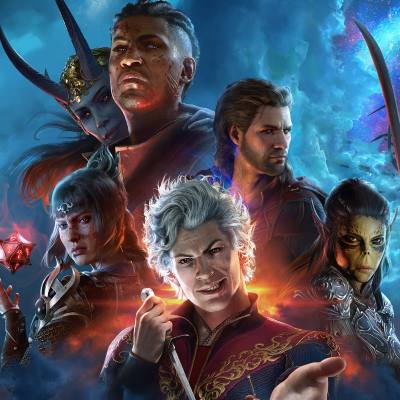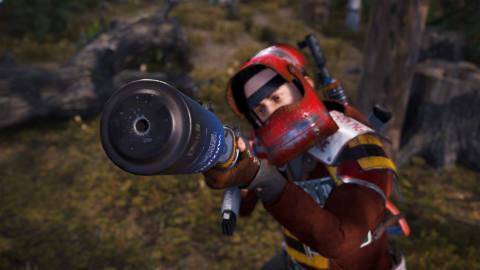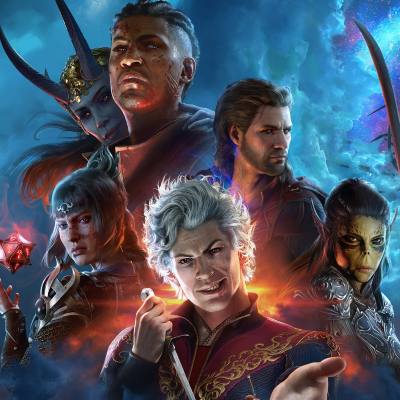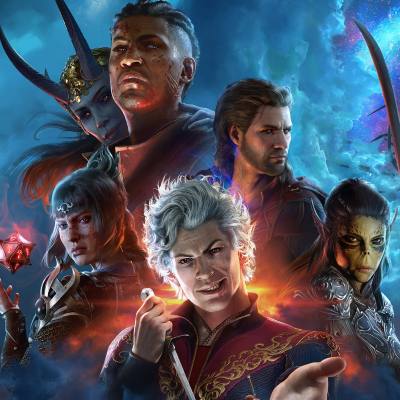Microsoft's Xbox division has announced a rash of studio closures as part of an effort to prioritise “high-impact titles” according to multiple sources, including IGN and Bloomberg. Included in the four announced studio closures are Arkane Austin, Tango Gameworks, Alpha Dog Studios, and Roundhouse Games.
Arkane as a whole has been responsible for several excellent games over the years—such as Dishonoured, Prey, and Deathloop. Arkane Austin's most recent effort, Redfall, was far less well-received. Arkane Lyon will survive Arkane Austin's closure to work on its adaptation of Marvel's Blade.
Tango Gameworks, meanwhile, developed The Evil Within games and Hi-Fi Rush—as well as Ghostwire: Tokyo. Both will be joining Alpha Dog Games and Roundhouse Games (formerly Human Head Studios) in the round of closures.
As per a letter sent to IGN by Matt Booty, head of Xbox Game Studios, the decision was made out of a desire to funnel more resources into “high-impact” titles, including Bethesda's games.
“Today I'm sharing changes we are making to our Bethesda and ZeniMax teams,” Booty writes. “These changes are grounded in prioritising high-impact titles and further investing in Bethesda's portfolio of blockbuster games and beloved worlds which you have nurtured over many decades.
“To double down on these franchises and invest to build new ones requires us to look across the business to identify the opportunities that are best positioned for success. This reprioritization of titles and resources means a few teams will be realigned to others and that some of our colleagues will be leaving us.”
Arkane Austin will see some, but not all, of its members moving to work on other projects under the Bethesda banner—likewise, Roundhouse Game will also be merged with ZeniMax Online Studios. Otherwise, it's shut doors all 'round.
Developers have already taken to Twitter, both to express their frustration at the sudden news—and to offer sympathy for those impacted. “This is absolutely terrible,” writes Dinga Bakaba, co-creative director at Arkane Lyon. They implore those in charge to avoid the kind of cutthroat behaviours that led them here in a further thread:
“Don't throw us into gold fever gambits, don't use us as strawmen for miscalculations/blind spots, don't make our work environments darwinist jungles. You say we make you proud when we make a good game. Make us proud when times are tough. We know you can, we've seen it before … For now, great teams are sunsetting before our eyes again, and it's a fucking gut stab.”
This news comes as a further pile-on to the crushing waves of layoffs that rocked 2023 and are, unfortunately, continuing into 2024.

It's a sting in two parts—Arkane has historically had a great pedigree of titles, while Tango's work on Hi-Fi Rush was extremely promising. Plenty of infuriated fans of the latter have already brought up this tweet from almost a year ago by Xbox's Aaron Greenberg, who called Hi-Fi Rush: “a break out hit for us and our players in all key measurements and expectations”.
However, Arkane's Redfall was a major embarrassment for both the studio and Microsoft in general, and while Hi-Fi Rush is an exceptional, extremely popular videogame (it was my personal pick last year, after all) Ghostwire: Tokyo didn't quite set the world on fire. As such, Microsoft's mission statement here could be read as bracing for Starfield's short tail by scuppering—and the air quotes hang heavy here—'underperformers'.
Starfield sold well, of course it did, but it had nowhere near the continued interest as some of Bethesda's other mainline RPGs. As our online editor Fraser Brown pointed out last week, the modding community isn't as ravenous, and while Starfield was nominated for a lot of awards, it didn't win many. I'm not sure Bethesda can afford for its next project to stumble in the same way.
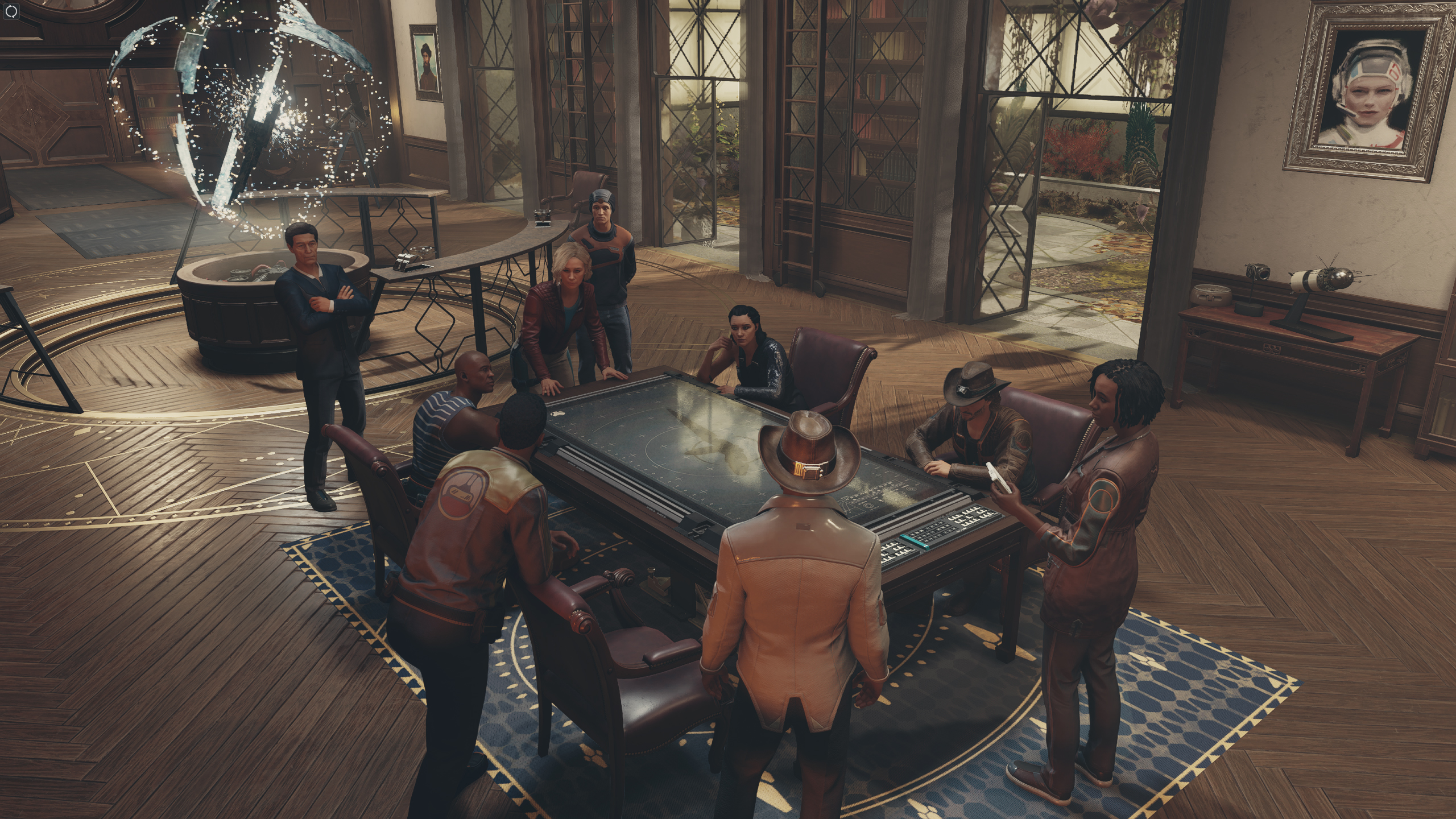
Microsoft itself also spent $68.7 billion on Activision Blizzard recently, which firmly plays into the persisting, Embracer-style story of large companies snatching up a bunch of studios, only for the house of cards to crumple later at the cost of said studios and their cancelled games.
Ultimately, these closures are a grim reminder of the sudden collapses that accompany a AAA industry dominated by large-scale acquisitions and gung-ho business decisions. It's a pattern plenty of developers have picked up on, and they're reasonably unhappy about a titanic industry that, somehow, completely fails to remain stable.

